The eyes are one of the most precious parts of our body. They help us perceive the world around us. They work through numerous intricate structures and this coordination of these structures is what makes us see all these colours.
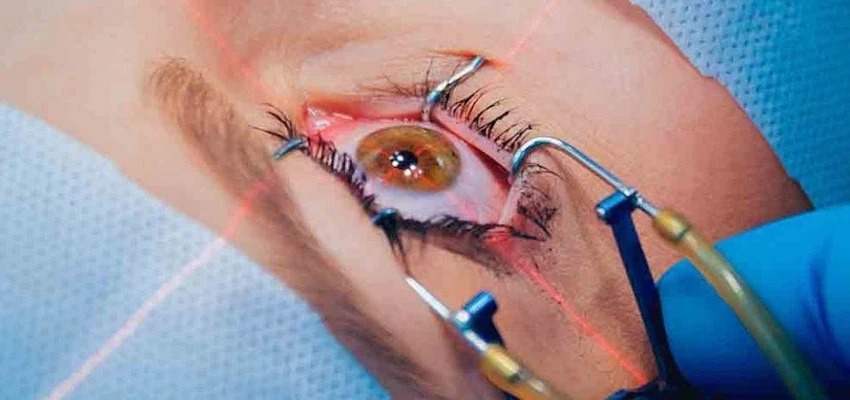
One can only imagine the absolute loss it would be to have one of these orbs damaged. However, this is the reality of many people who suffer from vision defects.
Some of them suffer from complete vision loss, which can usually only be treated by eye transplant. In this article, we shall look at eye transplants and all the related information.
An operation like this comes with its own complications and side effects. Let us look at it all in detail.
Introduction
Introduction
About Disease
About Eye Transplant
Since Eye transplant is one the most famous and widely done operations to treat patients of complete blindness, it is also the most researched one.
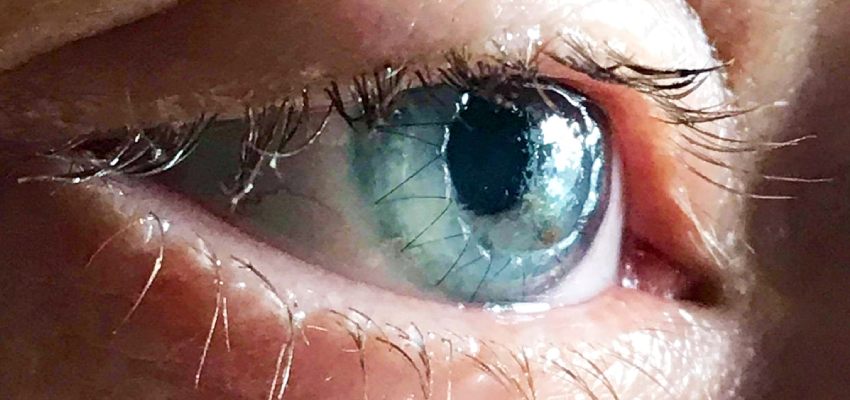
One thing to remember here is that an eye transplant isn’t one concrete surgery but a group term for a lot of surgeries that can treat glaucoma, blindness etc.
However, an eye transplant proper is usually referred to corneal transplant, a surgery very commonly done to restore vision.
Another such surgery is WET- Whole Eye Transplant, and as the name suggests it leads to a complete eye transplant, even the nerve cells that are ganglionic cells.
Have a look at Lasik Eye Surgery.
Symptoms
Eye disorders come with very apparent symptoms. It is usually recommended to see a physician as soon as you start experiencing early symptoms of blindness to get treated before maximum damage can happen.

Here are the symptoms that will tell you when to go see a physician:
- A completely blind person will not be able to see anything.
- Cloudy vision
- Blurry vision
- Night blindness or inability to see anything during the night.
- tunnel vision
- A shadowy vision where you can see only shadows.
- Pain in eyes
- Redness in eyes
- Infection in eyes
Types
Vision loss can be of multiple types. Different types of vision loss are characterized by different symptoms. Usually, different causes lead to this distinction between types of blindness.

Let us discuss a few of these types in detail:
- Cataracts: This leads to blurry and hazy vision. A white opaque layer deposits over the cornea or lens which leads to this condition. This can also be caused by diabetes mellitus, where sorbitol gets deposited over the eye lens.
- Optic neuritis: An inflammation that might lead to vision loss.
- Glaucoma: This is due to incorrect drainage of fluid of the eye, usually due to blockage of the Canal of Schlemm, leading to accumulation of pressure. This increases intraocular pressure and might lead to blindness.
Macular degeneration can be seen in old people and it gets worse with age.
Explore more about – BBL Surgery
Diagnosis
Early detection is absolutely necessary for the treatment of eye diseases. Blindness is diagnosed by a thorough eye examination by your optometrist.

Further, the history and the symptoms you tell your optometrist are also critical in the diagnosis, so make sure to be very clear about them.
You will have to undergo a series of tests, their nature being mostly physical, through cards that you have to read.
These tests will determine the progression of blindness, the clarity of your vision and your limit of vision.
Outlook
Surgery isn’t recommended right away. Usually, physicians first go in with other non-invasive techniques.

Based on your age, the progression of the disease and the extent of invasion, they suggest certain therapies. The result of these therapies is analysed.
If your response to them is satisfactory, these therapies continue until a significant result is achieved. But if your response is not as expected, you might be recommended surgery.
You can also look at Liposuction Surgery.
Treatment
Treatment of Eye Transplant
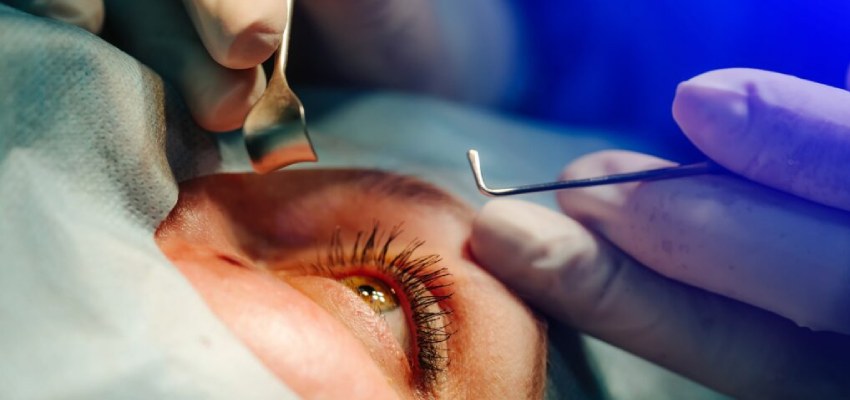
The treatment journey included multiple visits to the doctor. Depending on your type of blindness, surgery is suggested. The surgery takes place and your progress is regularly monitored.
Complications
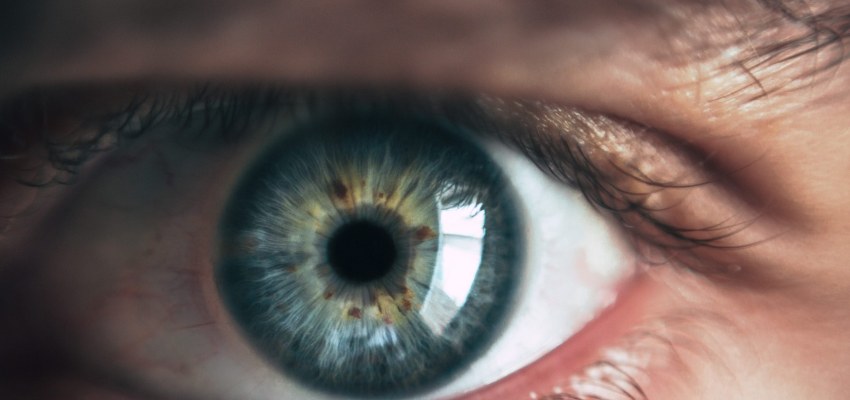
Eye surgery has its complications as follows:
- Infection: If proper post-care is not given then it might lead to infection.
- Graft rejection: The immune system of the patient might reject the graft.
- Damage to other eye tissues: Due to the invasive nature of the surgery.
Get information about – Liver Cirrhosis
Prognosis

Recovery from an eye transplant operation requires proper care and medication. The patient might need to take immunosuppressants to avoid graft rejection.
A few lifestyle changes might be required to adapt to the new changes. You might need to keep a help to help with your day-to-day activity.
Risk Factors

Every surgery has its own risk factors. Eye surgery is a pretty invasive surgery, so it is only obvious that it comes with its own risks.
One of the biggest risks is graft rejection and related immune response, which can be severe.
Also read about – Skin Whitening Treatment
Pre/Post Care
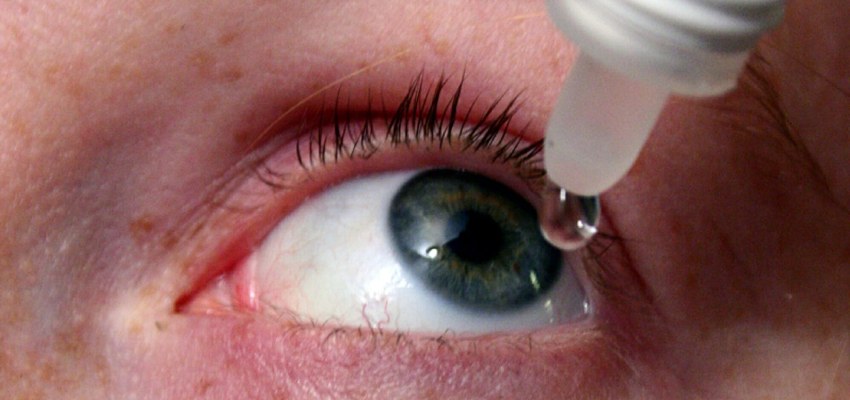
- Pre-eye transplant care: Before the treatment, you might undergo a series of tests and screenings to decide your immune tolerance and other complications. Your medical history and allergies will be taken into account.
- Post-eye transplant care: You have to rest properly. You have to take good care of yourself. You are extremely prone to infections, so you should stay hygienic. Eye drops and other prescribed medication should be regularly taken. Follow all the precautions that have been given to you. Have someone around to help you with your tasks.
Read about – LEUCODERMA
Treatment Cost
Eye Transplant Treatment Cost in India
Chemotherapy has different prices in different countries. Further, the price you have to pay depends on the nature of your surgery and how far your eye disorder has progressed.

The complications and the post-care medications are also usually included in the cost. It will also be affected by the dosage and frequency of the treatment.
The prices further depend on which hospital you choose. The average cost of an eye transplant in India is INR 63,000 to INR 1,20,000. The average cost is somewhere around INR 90,000.
Here is Heart Blockage Treatment Without Surgery.